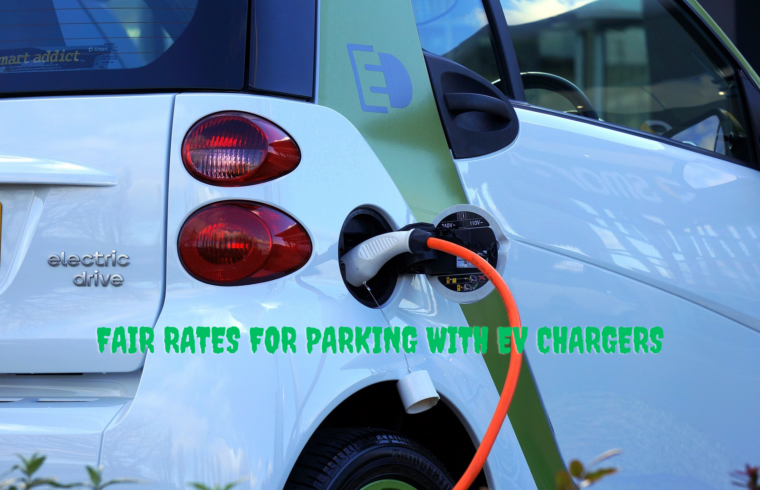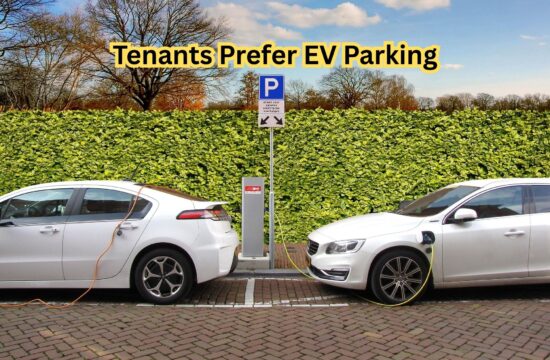“Fair Rates for Parking with EV Chargers” offers advice to landlords on how much to charge for EV-charging parking spaces. To develop a pricing model that strikes a balance between profitability and customer fairness, it takes into account variables like electricity costs, parking demand, and charger types. This guarantees that the increasing number of EVs will be accommodated in a sustainable manner.
How Much is Charging an Electric Vehicle?
Setting reasonable parking rates with EV chargers requires an understanding of the costs associated with charging an electric vehicle. Property owners can set parking spot prices that cover costs and provide value to electric vehicle drivers by using this information about electricity usage and related costs. A sustainable and user-friendly charging service depends on this balance.
Pricing for Public EV Charging
Pricing for public EV charging is a key factor in determining fair pricing for parking with EV charging stations. Analyzing public charging rates, which can vary based on location, electricity costs, and infrastructure, provides valuable insights for setting competitive and transparent parking prices. By understanding these costs and aligning pricing strategies accordingly, parking operators can encourage EV adoption, optimize revenue, and ensure a positive and profitable charging experience for users.
How Much is Parking an Electric Vehicle?
Understanding the cost of parking an electric vehicle is crucial for determining fair pricing for EV charging stations. Factors such as electricity rates, parking duration, and infrastructure maintenance contribute to the overall parking cost. By analyzing these factors, parking operators can set competitive and transparent pricing strategies, encouraging efficient use of charging stations, optimizing revenue, and ensuring a positive and profitable experience for EV users.
How to Regulate EV Charging Stations
Regulating EV charging stations involves establishing fair pricing, clear parking duration rules, and penalties for overstaying the charging window. Implementing monitoring systems and providing user education on proper use and associated costs are crucial. Regular infrastructure maintenance ensures efficiency. Effective regulation optimizes revenue, encourages EV adoption, and provides a positive charging experience for users.











